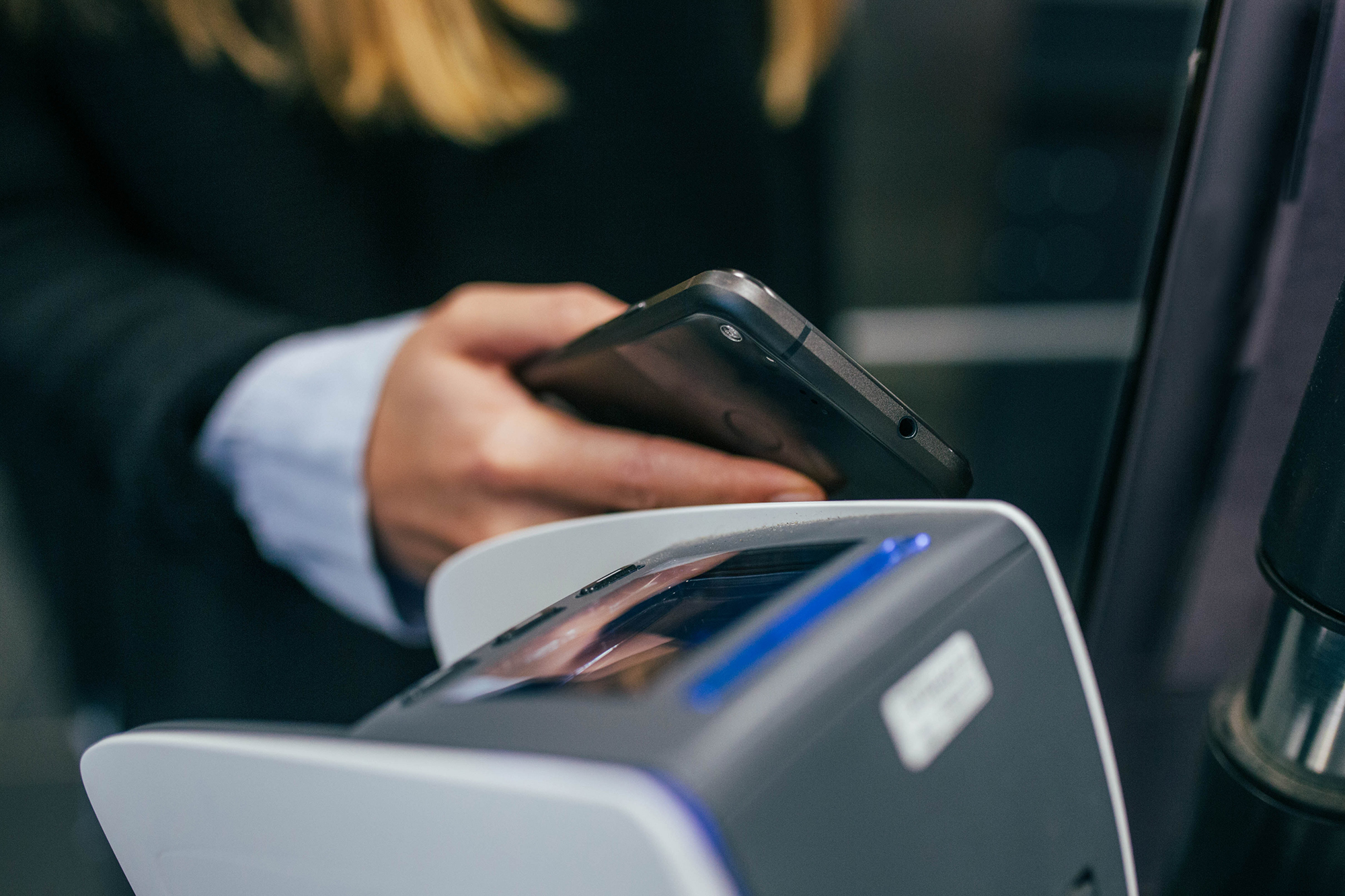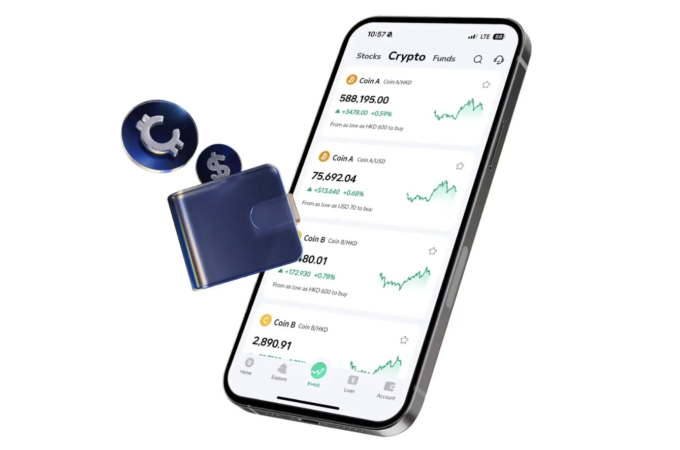
The pandemic is the perfect storm for the rise of Malaysian e-wallets
via Tech in Asia
Nothing has been as disruptive as the Covid-19 pandemic.
As of this writing, over 1.5 million Covid-19 cases have been confirmed in more than 190 countries across the globe. Some 86,700 deaths have been attributed to the disease caused by SARS-CoV-2, and the outbreak has also placed billions of people on lockdown.
Earlier in January, to encourage the use of e-wallets, the Malaysian government had partnered with three e-wallet providers to disburse 450 million Malaysian ringgit among 15 million eligible citizens. With the country currently under an extended lockdown, this move seems like a model for more government-led digital stimulus packages for keeping the economy afloat.
The current state of Malaysian e-wallet use
While Malaysian e-wallets have slipped under the radar recently, the underlying figures are robust.
The average value per transaction in e-money, for instance, has quietly breached the 10 ringgit ceiling, even reaching 11.69 ringgit in January 2020, based on the latest statistics from Bank Negara Malaysia (BNM).
This is a significant improvement, as the average transaction value had not passed 5 ringgit since 2005, the year the country’s central bank BNM liberalized its policies, allowing nonbanking institutions to issue e-money.
For the government’s current digital stimulus package, 47 e-wallet players threw their hats into the ring, but only three were chosen – GrabPay, Boost, and Touch ‘n Go – which could be a verdict on the industry’s winners.
E-wallets prevail with mobile commerce
Covid-19 has forced consumer behavior to change on a massive scale, and it’s causing a surge in digital consumption across the board – from mobile commerce and online food delivery services to digital content production.
Case in point: 1.3 million Malaysians tuned into the Lazada Birthday Carnival in March. There is also a sudden rise in new TikTok users in the country.
Since all nonessential stores are closed and many people opt to stay at home to avoid potential infection, mobile commerce and e-wallets have become frontrunners.
One digital payments player that’s reaping the benefits is TNG Digital, which has strong backing from China’s Ant Financial and CIMB Group.
With 10 million registered users – 50% of them active on its Touch ‘n Go e-wallet platform – TNG Digital is well-positioned through its strategic partnership with Lazada.
While desktop-driven internet banking is common, mobile commerce has undergone quick growth in recent years, and the outbreak could serve as a pivotal point for its rise. This is especially true in Malaysia, where the population is connected to mobile internet for approximately four hours a day, making it one of the top 10 countries in the world for mobile internet usage.
Nouveau retail after the outbreak
In theory, online stores of all sizes stand to benefit from the switch in consumer behavior. However, ecommerce is not a one-size-fits-all option, as there are many other retail services that are difficult to digitize, such as petrol stations.
Malaysians have an average of two cars per household. That equates to almost nine car owners out of every 10 citizens, turning high-traffic petrol stations into potential breeding grounds for infection.
These new challenges put Setel, a Malaysian petrol e-payment solution, in a unique position. Its contactless pay-in-car system had already gathered over 1 million users in just a month after its January 2020 launch, and the company has no intention to limit itself to the petrol category.
“[Our] next phase would be to allow the adoption of Setel in other convenience stores since our core strategy is to provide a seamless retail-on-the-go experience,” says CEO Iskandar Ezzahuddin. The team is already working on a drive-through convenience store concept, where customers can select and pay for items as they leave petrol stations.
With 1,000 gas stations across the nation acting as distribution channels, Setel could pioneer Malaysia’s “new retail” revolution, pushing other e-wallets to replicate similar offerings across the spectrum.
Post-pandemic travel life (or the lack of it)
The 2020 e-Conomy SEA 2019 report by Google, Temasek, and Bain & Company had predicted that the Southeast Asian internet economy could reach US$300 billion by 2025. That may no longer be the case, as online travel was expected to contribute US$78 billion to that figure.
Barring the possibility of online travel recovering to its pre-pandemic level, the outbreak has left e-wallets in the industry with two possible outcomes.
If travel makes a strong comeback, cold hard cash could still transfer diseases and magnify the spread of viruses, so having an on-the-go, multicurrency payment option such as BigPay or GrabPay would better serve travelers’ needs.
In the event that the online travel category turns even more sluggish, there are still millions of migrant workers who would require ecommerce services, as remittance costs remain expensive across Southeast Asia. In January, for instance, Malaysian fintech player Tranglo announced a partnership with WeChat Pay to enable its users to perform wallet-to-bank transfers in Indonesia and the Philippines.
E-wallets with such services would not only tap into the traveler market but also minimize exposure costs for millions of migrant workers in the region.
Outward remittances from Malaysia grew significantly by 23.3% year on year to US$9.7 billion in 2018, according to data from BNM.
The game-changing digital banking license
Covid-19 has exposed Malaysia’s ill-equipped and aging banking industry. While the country’s banks waited for BNM to announce relief measures, local e-wallet player Boost rolled out a 150 million ringgit cash fund to provide immediate assistance to the 135,000 micro-, small-, and medium-sized enterprises on its platform that were facing financial difficulties.
This could prove to be a watershed moment, with e-wallets building stronger relationships to support their users and merchants. These players have also proven to be highly effective at dispersing money as part of the Malaysian digital stimulus package, with more than 10 million ringgit redeemed on the first day alone.
In short, a prolonged pandemic, coupled with more digital stimulus packages from the government, would inevitably favor nimble e-wallet companies who are willing to go the extra mile.
Covid-19 will be the ultimate stress test for all companies, more so for startups that were already experiencing volatility pre-pandemic. But e-wallets with distinct value propositions will increasingly gain solid ground, creating a perfect ecosystem that attracts startups trying to stay afloat.





